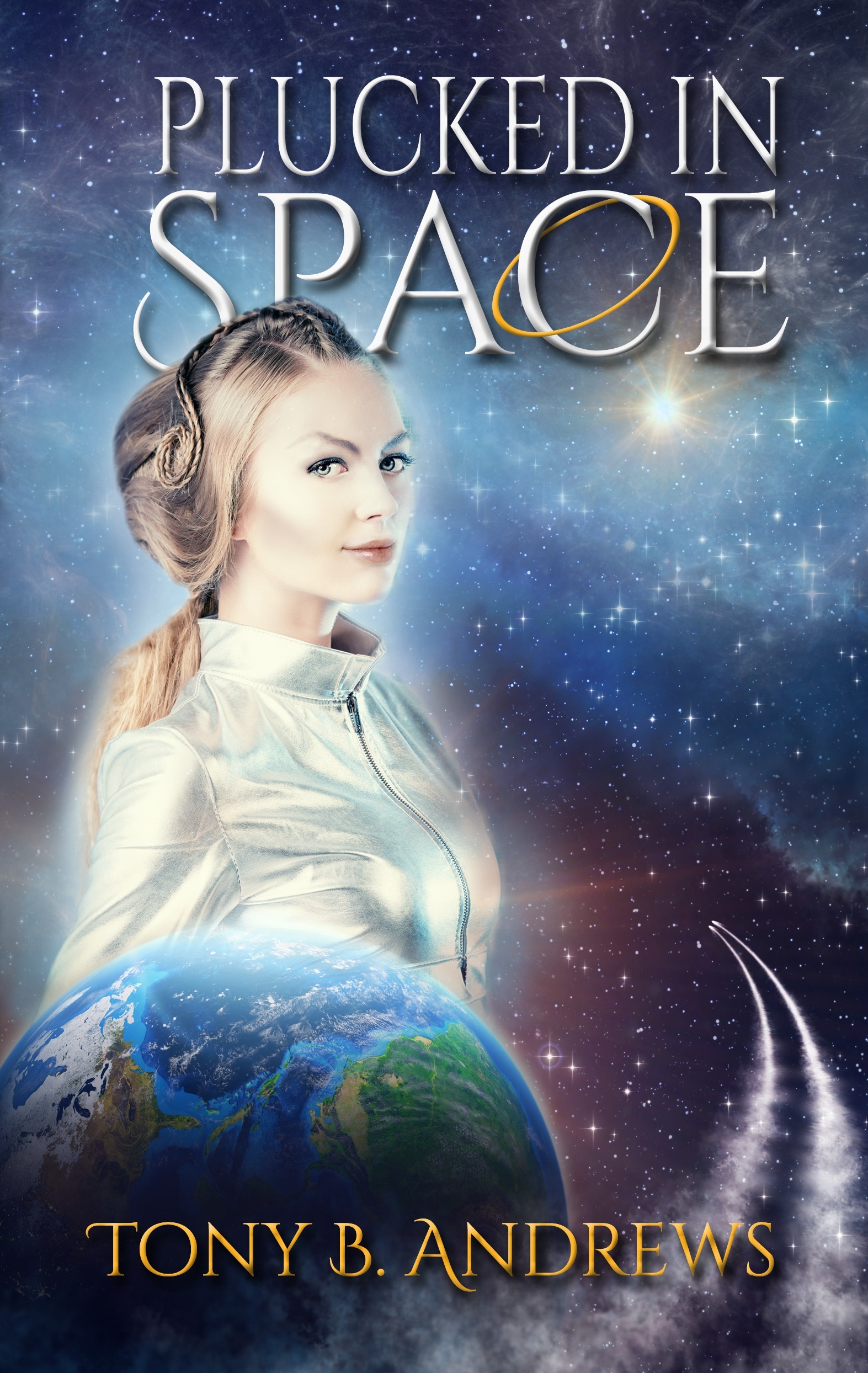Whilst idly browsing my WordPress stats, I noticed that someone had referenced my ongoing page ‘Characters that can write their own stories’ from Reddit.com.
The Reddit post was one of several that referred to something called (and this is a completely new word for me) Tulpae.
The page describes a Tulpa as; ‘…best described as an imaginary friend that has its own thoughts and emotions, and that you can interact with. You could think of them as hallucinations that can think and act on their own.’
The contributor opens the discussion with;
Are characters in a novel the Tulpae of the Author?
Very interesting question…
The post then goes on to say;
‘By talking and fleshing out something to your own subconscious for so long, you start to get answers from it. The answers align themselves with all these preconceived traits you’ve given them (for the most part). When you talk to your own mind for long enough, it will answer back: this is an accepted fact.
This sounds a lot like an author with a good enough character not deciding what the character will do, but the author knowing what the character would do because the character tells him or her.
I was told by a writing professor of mine that authors should strive for this level of character development, to the point where the character makes its own decisions.
anyone interested in discussing this?’
Read more of the discussion here.
I’d be interested to learn what everyone else’s thoughts are on the subject of characters becoming part of the creative process.
This got me thinking about the entire process of writing versus creating imaginary friends.
Sure, our reasons for creating are different from that of a child who creates friends out of a need for comfort, companionship or security.
We invent characters to fill a book, act out our story or even (in some cases) fulfill unfeasible fantasies. When I was a child, barely into double figures, I was having such a miserable time of things, I began to write End-of-the World stories where only ‘nice’ people survived and subsequently found each other to begin civilisation over again (Obviously, these early stories failed because I’d selectively eliminated all anatgonists!).
Years later, it occurred to me that I had been exercising (or even exorcising) mental control over the world as a form of comfort, rather like inventing imaginary friends to keep me safe.
Later stories, written during my teens, became less like a wish-list of how I (unconsciously) felt the world ought to be. They even began to include bad guys!
But, looking back at them now, the stories still seemed to retain an element of control, a sanity and restraint that the real world lacked. My current writing style has, I can see now, developed out of that evolutionary process, although I hope that it feels less controlled than those early works.
But do writers invent characters purely out of necessity – simply to act out a pre-planned story? Or is there even a small element of ‘this character brings me comfort’? Is there a hint of ‘I’m happy with this character because I’d like them if they were my real-life friend’? Do we unconsciously develop characters (even anatgonists) that we are comfortable with?
Are writers the ultimate creators of imaginary friends?
Write on!








![Fame...such a fickle [fik-uh l] thing!](https://andrewtoynbee.files.wordpress.com/2013/01/100-likes.jpg?w=200&h=200&crop=1)
Dec 19, 2012 @ 13:25:06
I really like this post. It makes me think. I do find that the characters take on their own personality and write themselves. Even now, I just finished going through the edits for Embracing the Flames and there was a lot there that I read that I didn’t remember writing. It’s weird…really weird, but I love it!
LikeLike
Dec 19, 2012 @ 14:36:11
It must all be part of the stream of consciousness phenomenon…I often re-read work and wonder how I’d come up with a particular phrase.
Or I’ll laugh at the antics of a character before I suddenly remember that I was the one who’d written the passage.
LikeLike
Dec 19, 2012 @ 14:57:00
Yeah I do the same thing. I guess we are a bit looney hehe.
LikeLike